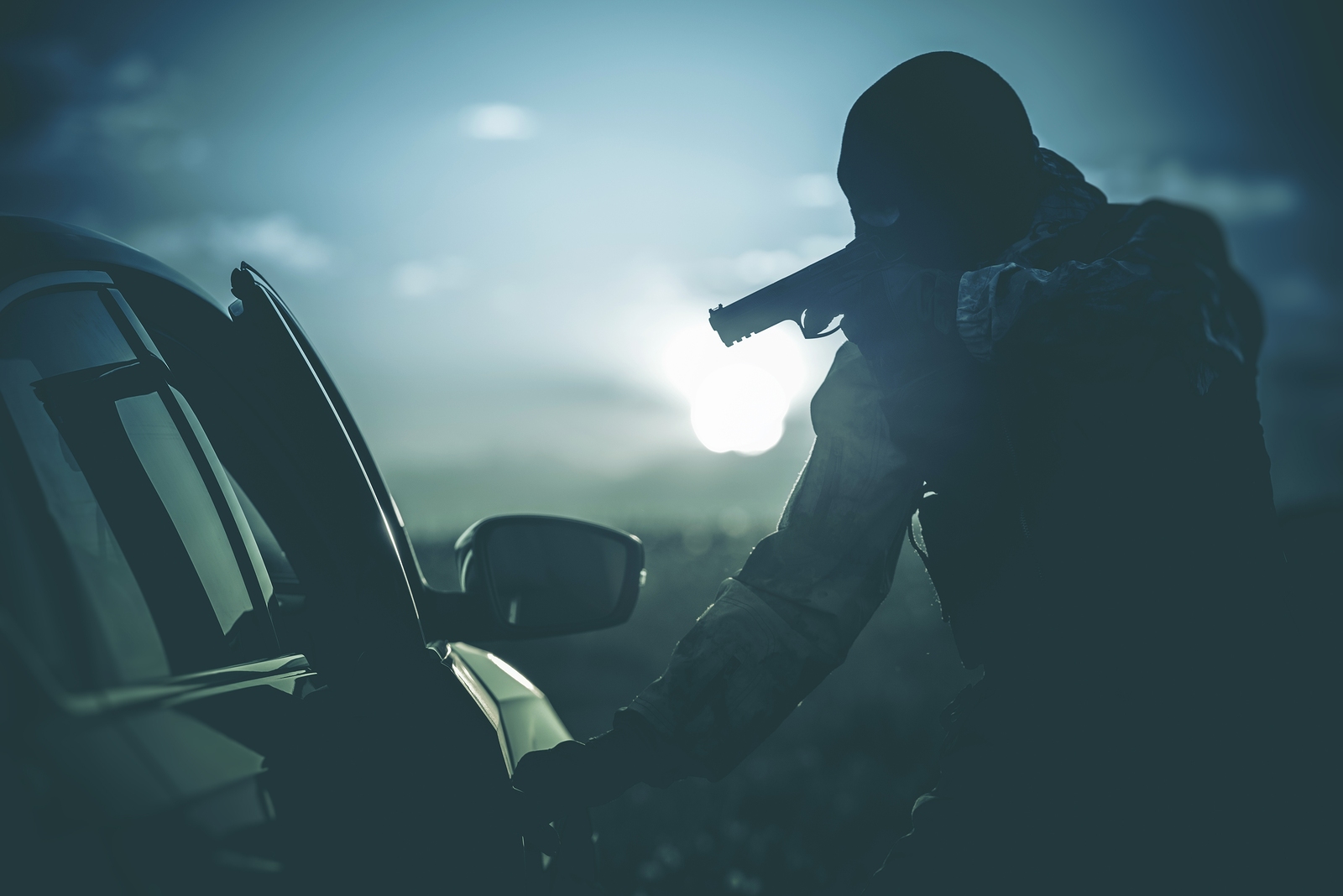 There are plenty of difficult decisions an officer is forced to make in a day, some of which could save or end a life. Depending on the outcome of the choices you make, it can be difficult to leave your stress at the precinct every night. Is it even possible to push away the consequences of your actions, both good and bad? Officers are still human, after all.
There is no bulletproof method to help police officers separate work life from personal life, but with a few of the tips outlined in this article, there is hope of a brighter tomorrow.
There are plenty of difficult decisions an officer is forced to make in a day, some of which could save or end a life. Depending on the outcome of the choices you make, it can be difficult to leave your stress at the precinct every night. Is it even possible to push away the consequences of your actions, both good and bad? Officers are still human, after all.
There is no bulletproof method to help police officers separate work life from personal life, but with a few of the tips outlined in this article, there is hope of a brighter tomorrow.
The Worst Scenario…
We’re not going to name names, but we’re sure there is a high-profile case you’ve seen in the news that you can relate to for this exercise. Imagine drawing your weapon and pointing it at a civilian who refuses to cooperate. You don’t have time to wonder why the driver of a routine traffic stop would’ve gotten out of his/her car, yet here we are. After repeated attempts to coerce the civilian back into his/her vehicle, you instruct the individual to lie on the ground, limbs spread. If he/she complies, there will be no loss of life this afternoon. But the suspect refuses, denying to listen to your repeated requests. A bead of sweat forms across your forehead as your heart begins to beat faster. At this point, you know that the suspect will not heed your warnings. What will he/she do next? Your worst fears are realized as the suspect begins to charge toward you. You see a flash of cold steel as the suspect brandishes a knife. You know at this point that there is only one option left in order to keep you alive. So you follow your training; you unleash a round of bullets, effectively stopping the assailant in his/her tracks. Just like that, a routine traffic stop ends in the worst way possible. How do you recover from this event? How do you cope with taking another human’s life, even though you had no choice but to do so? How do you go home to your family and look your loved ones in the eyes, knowing that you pulled the trigger? How do you persevere?Four Ways to Separate Work Life from Personal Life
It’s not easy to draw a stark line between the things you must do on the job and the life you lead at home. In fact, sometimes it’s impossible. But by following these four tips, you may start to feel more clarity in your life:Acceptance
The first stage of living your life beyond the badge is to accept the burdens you swore to endure when you became a police officer. In order to protect and serve your community from those who threaten to destroy it, you occasionally have to make difficult decisions – some choices may even involve unwantingly taking the life of criminal. Although we never hope to be taxed with that choice, remember why you become an officer: to keep your community safe at all costs.
Stay Involved With Your Family
For many officers coast to coast, the existence of “family” is what grounds us. Having a partner in love to rely on and children to solidify your drive to serve and protect is vital to maintaining a level mind on and off the beat. Thus, it is crucial to lean on these individuals, both in times of peace and in times of need. Remember that your family loves you, no matter the challenges you face in a day; they are your support system.
Keep Living Life Beyond the Badge
In order to maintain control over your non-work life, it’s important for you to continue to do the things you love to do. If you have a hobby, such as fishing, hunting, drawing, playing music, building things, etc., make time each week to do these tasks. If you don’t have a hobby, consider getting one. By investing your time in these activities at least once a week, you will give your life a greater purpose beyond the choices you make as an officer.
Never Forget
It’s okay to look back on the things you’ve done – the things you’ve had to do – throughout your role as a police officer. It’s okay to give thanks for your life and to even ask forgiveness for making a hard decision you never wanted to have to make. And most importantly of all, consider the countless lives you may have saved because of the choices you made.
By accepting your role as a police officer, but never forgetting to the reason you put your badge on each day, you will see the importance of your work in your community.







